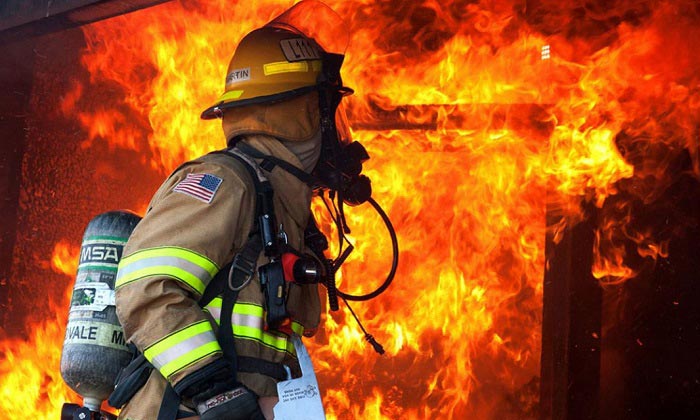Fire-related accidents happen quickly but can prove to be extensively devastating. Fire can escalate quickly and can cause financial damages, as well as injuries, or fatalities. Due to losses that prevail in a fire accident, factories and industries can suffer a huge setback. Fire insurance can save you from the financial casualties of an unexpected fire. Based on the policy which the stakeholder opts for, fire insurance gives the certainty of paying financially against losses faced by the company during a fire outbreak.
Hence, fire insurance is a form of property insurance covering the damage and losses caused by fire. It includes the cost of repairing or replacing damaged property, and other assets while your business space is not in use. Any loss that happens because of the fire-related activity, the insurance company will fulfill the losses. It will pay the necessary compensation for the protection of all your business assets.

Here are a few important pointers you should know before you get fire insurance for factory, residential or commercial property, enterprises, and more.
Why Should You opt for A Fire Insurance Policy?
Besides destroying your property, a fire-related casualty leaves you liable for damage to customers’ or third parties’ property. It brings your business and those who rely on you to a halt that can increase your financial burden. Investing in fire insurance enables you to stay protected from the losses you may incur during the damage. If any fire calamity strikes your business, commercial, or residential property, you can file a standard fire insurance claim. The fire insurance company will verify the authenticity of your standard claims before initiating the compensation. You can also outsource help to any advisory services that have the necessary knowledge and means to help you file the claim.
Business Owner’s Policy
A Business Owner’s Policy (BOP) is a policy that combines business property and business liability insurance in a single package. It can help cover your business from claims resulting from a fire. The insurance industry classifies the fires as friendly or hostile. Friendly fire is set on purpose and remains in the place intended, like a fireplace. In contrast to friendly fire, hostile fire is unintended and uncontrollable. A fire insurance policy covers damages caused by hostile fire. Commercial property covered by fire insurance includes buildings and other industrial structures, leasehold improvements, fixtures and fittings, plants and machinery, stock/inventory, and manufactured items. A BOP is a smart choice for small businesses as it typically costs less than if the policies were bought separately. If they qualify for the policy, they can save money and gain coverage for common claims for fire incidents and other accidents. A BOP assures peace of mind, providing protection against physical property and safeguarding your company’s future.
Scope Of Fire Insurance Policy
A fire insurance policy comes with a broad range of scope. It plays an important role by shielding you against losses and damages caused by fire activity. It provides comprehensive protection encompassing fire-induced damages caused by natural perils, explosions, water damage, or malicious damages. Although not standard, a fire policy cover can often be extended to cover flood, accidental damage, and glass breakage. You can refer to your insurance advisor to know about the scope of the aspects covered under the fire insurance policy. The scope of fire insurance policy extends to
- Buildings: Both completed and construction; electricals, partitions, and interiors.
- Plants and machinery, equipment, and accessories (new, second hand, and obsolete)
- Stocks: Raw materials, finished goods, in process, and trade to manufacturers, retailers, and wholesalers
- Other items such as furniture, cables, tools, spares, piping, household items, and more.
Fire Insurance Policy Types
For fire insurance, the following kinds of policies are issued.
- Valued Policy: The value of the subject matter is determined at the time of taking the policy. On the premise of the value of the property, the insurer pays the amount of the property is destroyed in a fire accident.
- Specific Policy: The risk is insured for a specific sum under this policy. In case of property loss, the insurer pays the loss provided that it is less than the specified amount.
- Floating Policy: Under this policy, the business owner gets coverage for securing goods lying at various places. The goods should belong to the same person, and a single policy covers all the perils related to the goods.
- Consequential Loss Policy: A fire can cause the dislocation of the work in a factory. It can disrupt the workforce which may decrease production, but the fixed expenses continue at the same price. The consequential policy loss helps you to cover the consequential loss or loss of profits.
- Replacement Policy: The underwriter will provide compensation based on the market price of the property. The calculation of compensation amount considers the depreciation amount. The compensation will be according to the replacement price, and the new asset is similar to the one that is lost.
To Conclude:
An enhanced understanding of the claims the standard fire insurance policy will cover will help you to make the right choice. It will help you to protect your business and assets from fire risks that can leave you vulnerable to various financial and property losses.






